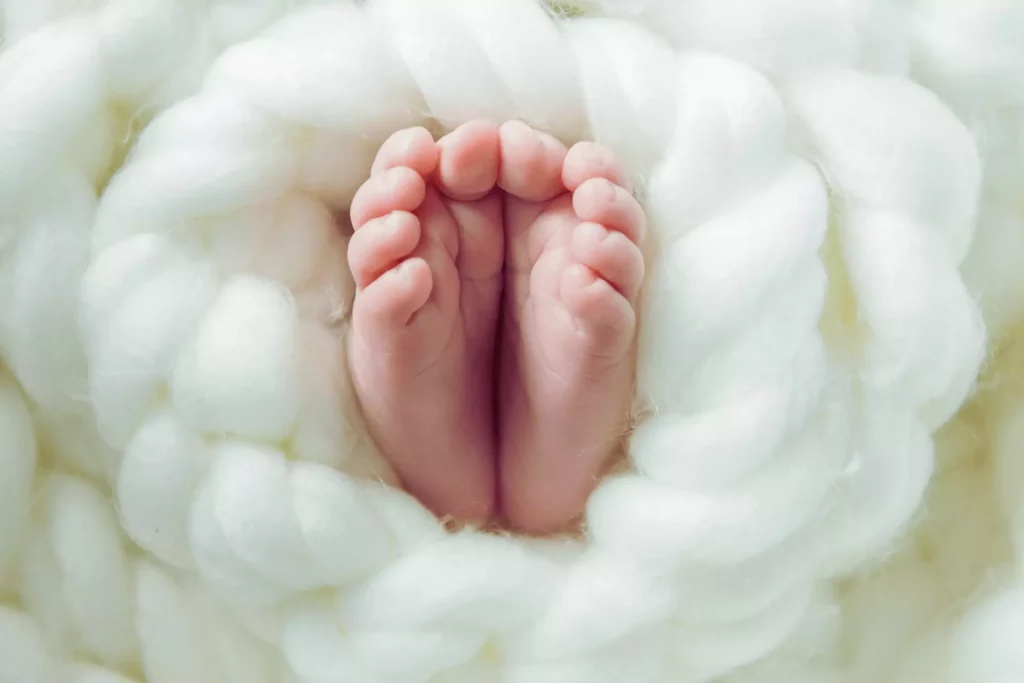Many individuals appear to ask themselves this question, and the answer is tricky. When merino sheep produce wool, the fiber utilized to manufacture wool originates from the animal’s back and undercoat. Merino wool is made from merino sheep.
Because the fiber is delicate and soft, it is preferred for textile applications. Some people, however, feel that merino wool may be scratchy, especially if they are not accustomed to wearing it in the first place. Is merino wool itchy to wear? The answer is dependent on the individual.
Some individuals find it wonderfully soft and comfy, while others find it a little too scratchy for their tastes and prefer something else. If you’re considering purchasing something made of merino wool, here’s what you should know. Throughout this blog article, we’ll go over the ins and outs of merino wool, as well as whether or not the fiber is itchy. Keep an eye out for further information!
Table of Contents
Is Merino Wool Itchy to the Skin?

Some have described Merino wool as itchy, while others have not found it so. If you are one of those who are irritated by the substance, there is still hope for a remedy!
Washing in cold water with conditioner, wearing undergarments made of synthetic fabrics instead of cotton (which won’t scratch as easily).
Drying your clothes in gentle settings whenever possible to ensure that they don’t shrink too much while still maintaining their shape are all effective ways to reduce or eliminate this problem.
What Causes Merino Wool to Be Itchy?
If merino wool fibers are larger than 22 microns in diameter, they tend to be irritating. Only low-quality merino clothes are affected by this, as most merino wool items contain less than Twenty microns in diameter and are not as warm.
It is a simple rule of thumb that the greater the diameter of the fibers, the more irritating the clothing will be. Because of its extremely low micron count, merino wool is a super fabric.
Based on how reactive your skin is, anything higher than 20 microns may cause you to experience itching and irritation. For comparison, ordinary wool is approximately 30 microns in thickness. The thickness of high-quality merino wool is approximately 15 microns.
Is It Possible to Have an Allergy To Merino Wool?
Merino wool and any other type of wool can cause allergic reactions in certain people. Both of these allergies are rather common, and they can be the source of irritation.
The most accurate approach to determine whether or not you have an allergy to wool, specifically merino wool, would be to visit a dermatologist and have a skin test.
The following is the second-best strategy to use: Remove your shoes and put on a pair of cotton socks. Then, take one merino sock and one normal wool sock and place them on the left and right legs, accordingly, over the cotton socks, to complete the look: Wear for fifteen to twenty minutes at a time.
If you notice redness on the left leg of your feet, you most likely have an allergy to merino wool. If you have symptoms of discomfort and redness on both of your feet, you are most likely suffering from an allergy.
What to Look for When Trying to Determine if You Have a Wool Allergy?
Of course, you may visit your doctor to determine whether or not you have an allergy, and who has the time for that? Put on a standard pair of ankle socks underneath the wool socks to see whether you respond to the combination.
The likelihood of becoming allergic is low if you don’t see any redness after twenty to thirty min. It’s most likely just that you have sensitive skin.
When It Comes to Sensitive Skin, Is Merino Wool a Good Choice?

Merino wool is suitable for most persons with somewhat sensitive skin. However, if your skin is really sensitive, you may want to avoid using wool products in general as a precaution.
As previously stated, the itchiness of fabric is caused by the microns that make up the fabric’s weave. When a fabric’s fibers are larger than 20 microns in diameter, most persons with sensitive skin have itching symptoms. As a result, even if you have mildly sensitive skin, merino wool would be a good choice.
However, those with really sensitive skin may need to refrain from wearing woolen garments at all costs. Merino wool is the best wool available in most regions, and it is also the most expensive. If even that makes you itchy, you may have to switch to cotton and have a lower micron count than silk.
Is Merino Wool a Good Choice for Warm Weather?
Merino wool is an excellent fabric for use in hot weather because it evaporates from the garment without waiting for the vapor to change into moisture first.
Because of its exceptional adaptability, it can drain away sweat or moisture more effectively than most standard textiles on the market.
Furthermore, this allows your body to work at its top when it comes to heat exchange, which helps to keep you feeling fresh. However, remember that Merino wool is available in various thicknesses to suit your specific requirements.
Can I Make Merino Wool Less Itchy?
According to where you get your apparel, Merino wool may be mildly irritating, which puts some people off since they assume this is true of all wool products.
However, in actuality, most of the itching sensation that the user may experience is caused by loose strands within the clothes, which are often made of low-quality wool. These stray strands of fibers brush against your skin, causing you to become itchy and uncomfortable.
Some users have cleaned their gear in the first month of use to eliminate the loose strands, which has solved the problem for both Merino wool and poor to medium grade wools.
The majority of them have said that their clothes have become more comfortable and appreciate it even more.
How to Make Merino Wool Less Itchy?

We’ve all had to cope with an extremely itchy sweater (it’s the worst). It should not be necessary to break out in hives to remain warm throughout the winter.
Fortunately, even the itchiest of garments can typically be repaired or repurposed. You’ll need to give your wool base layers a little TLC if you want to make them a bit less scratchy. Simply following these five procedures should help make your wool a bit less irritating.
- Make a cold-water soak for your irritating shirts, sweaters, socks, and other clothing items by turning them inside out. Add a few teaspoons of white vinegar and mix thoroughly to ensure that everything is completely saturated. Give yourself plenty of time and wait at least 15 minutes.
- Consider the implications of this for a moment. Wool is simply the hair of an animal, so why do we treat it as if it were a strange substance? With a small amount of high-quality hair conditioner, you may significantly soften the fibers (my favorite). Ensure that the conditioner does not include wax since this will generate a product buildup on the hair.
- Allow the conditioner to rest for at least thirty minutes before rinsing it off with cold water to remove any remaining residue. Make an effort to press out all of the extra water while taking care not to stain the cloth.
- To dry the sweater, use a towel and hang it to dry naturally. Please do not put it in the dryer.
- In a gallon-sized zip-lock bag, insert the folded clothing and store it in the freezer for 30 minutes. After allowing it to sit overnight, it should no longer be itching in the morning.
Vinegar and conditioner should help soften up longer hair strands, and freezing it will help prevent shorter threads from poking out. Some fibers may remain coarse and scratchy no matter what you do, so use caution while applying this procedure. The only thing you can do is put on another layer below.
Frequently Asked Questions:
Is it true that Merino Wool Clothing Shrinks?
Yes, if you wash your Merino wool items in hot water, the garments can shrink somewhat. You must wash your Merino clothing in cold water to minimize shrinking.
Is it possible to machine-wash merino wool items?
Yes, without a doubt. In most circumstances, merino wool can be laundered in a washing machine. However, occasionally reading the product labels before cleaning an item of clothing might assist you in doing the most effective cleaning methods.
Which type of wool is Itchiest?
Coarse wool. You will experience itching because the ends of the wool fibers will scrape against your skin as they dry. Itching and occasionally even a rash on the skin are common side effects of this medication.
Wrapping it Up:
Merino wool is not itchy at all. It’s very soft and comfortable to wear if you buy the right kind of merino wool clothing! The best way to tell what type of merino wool clothes are worth buying is by looking for high-quality, natural fabrics that will feel great against your skin.

